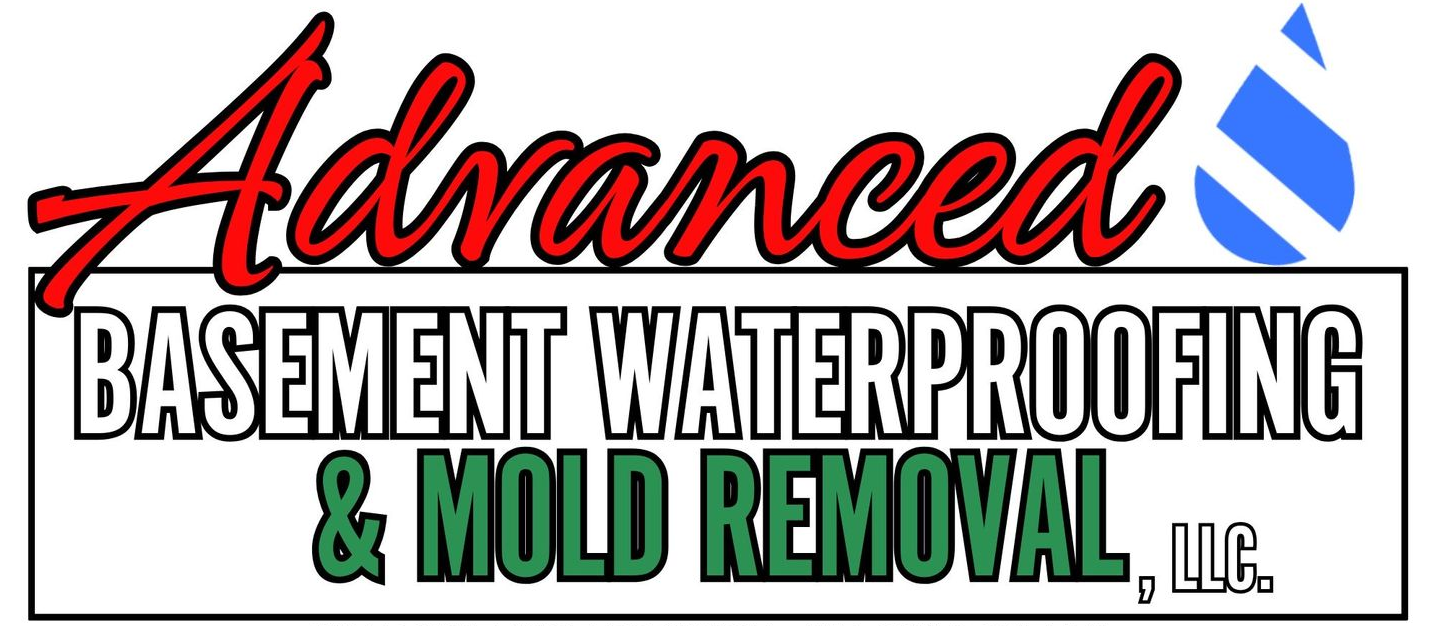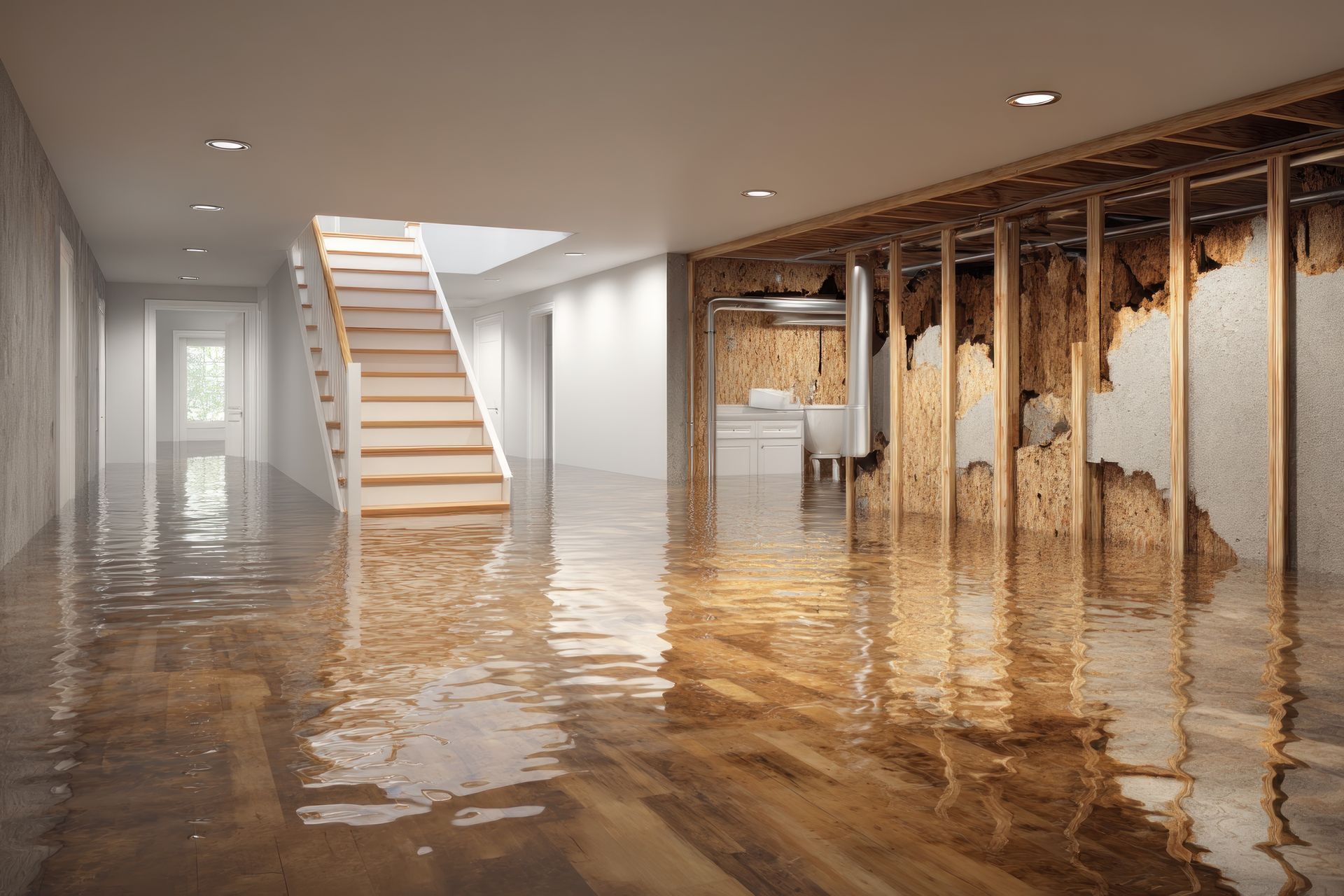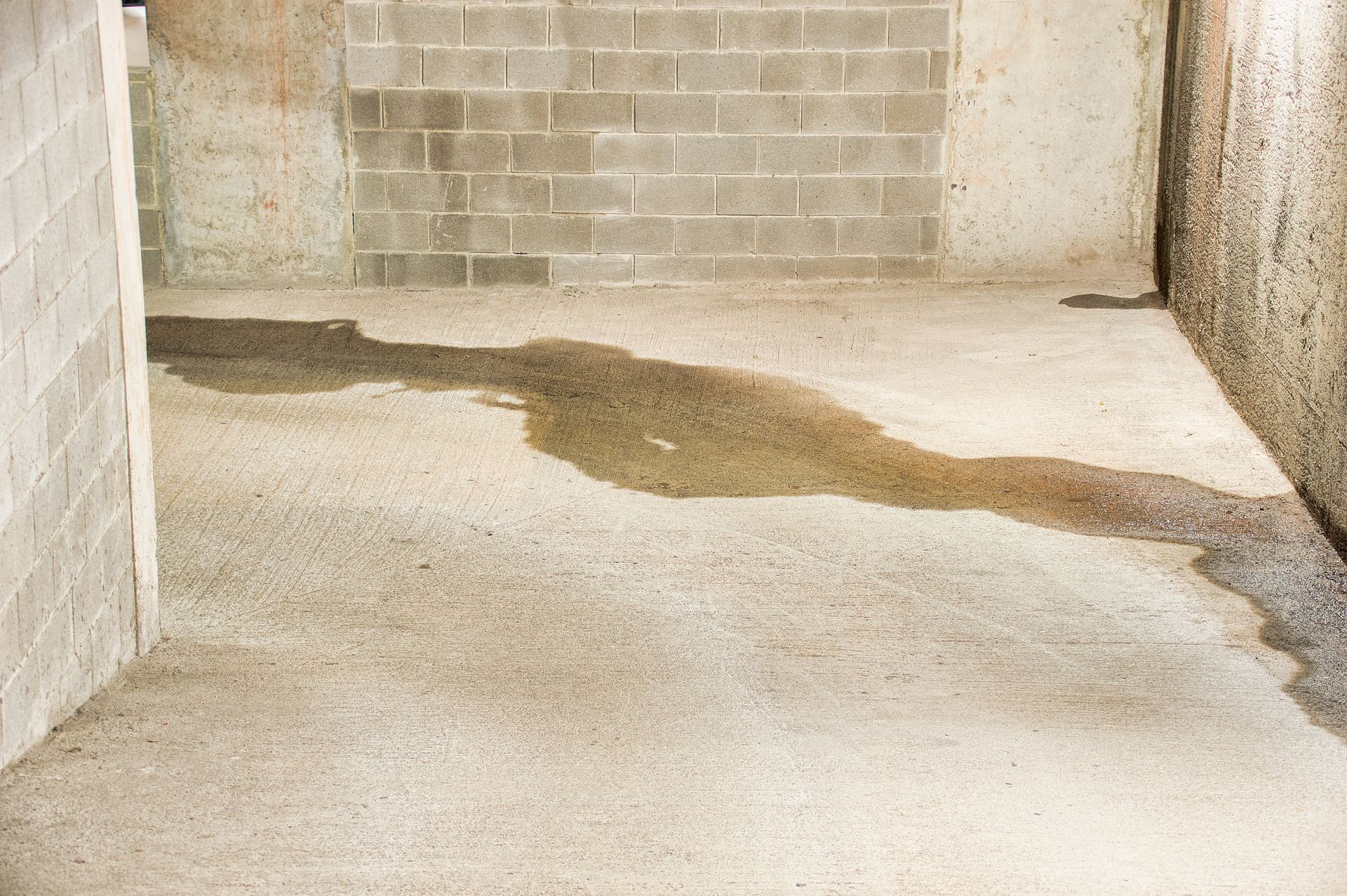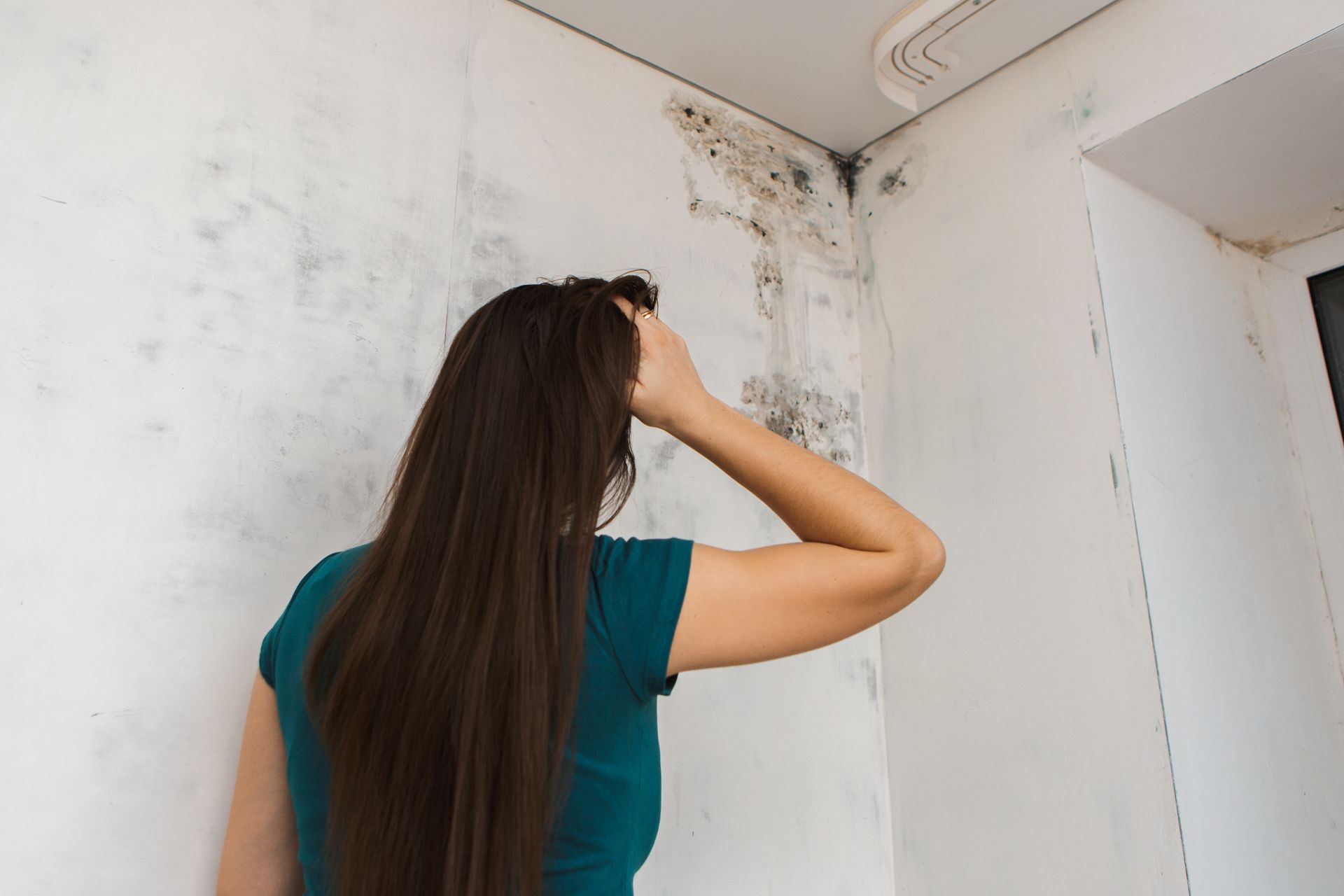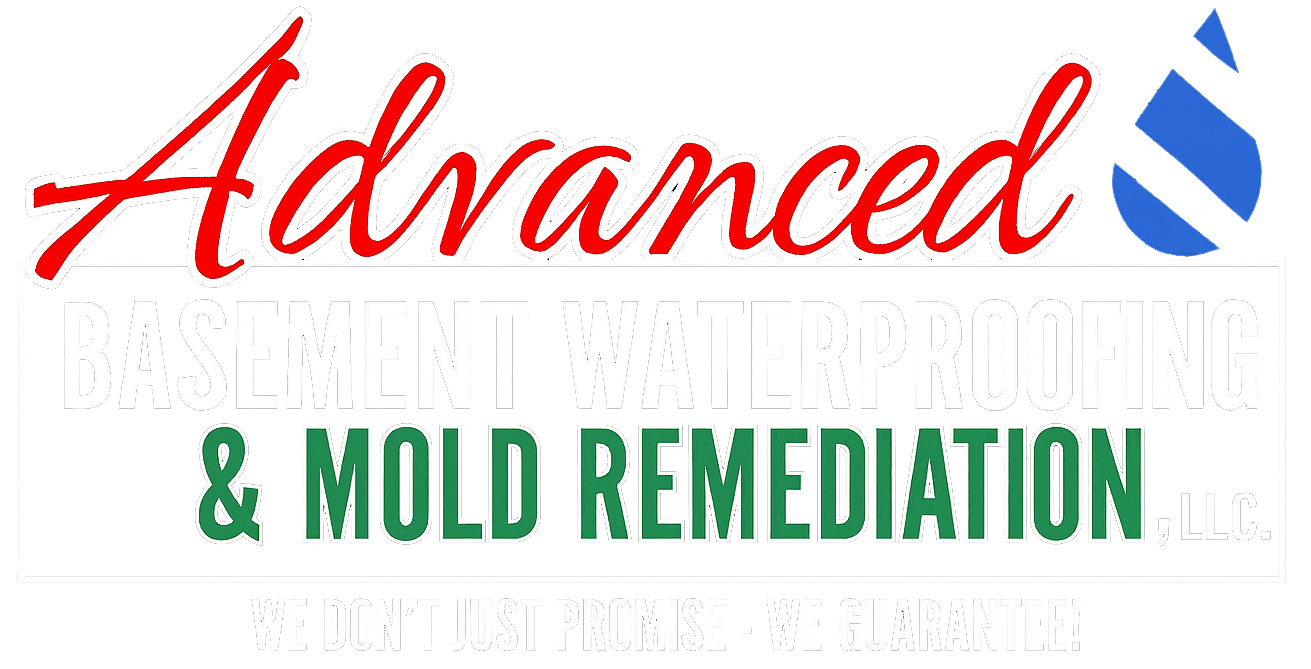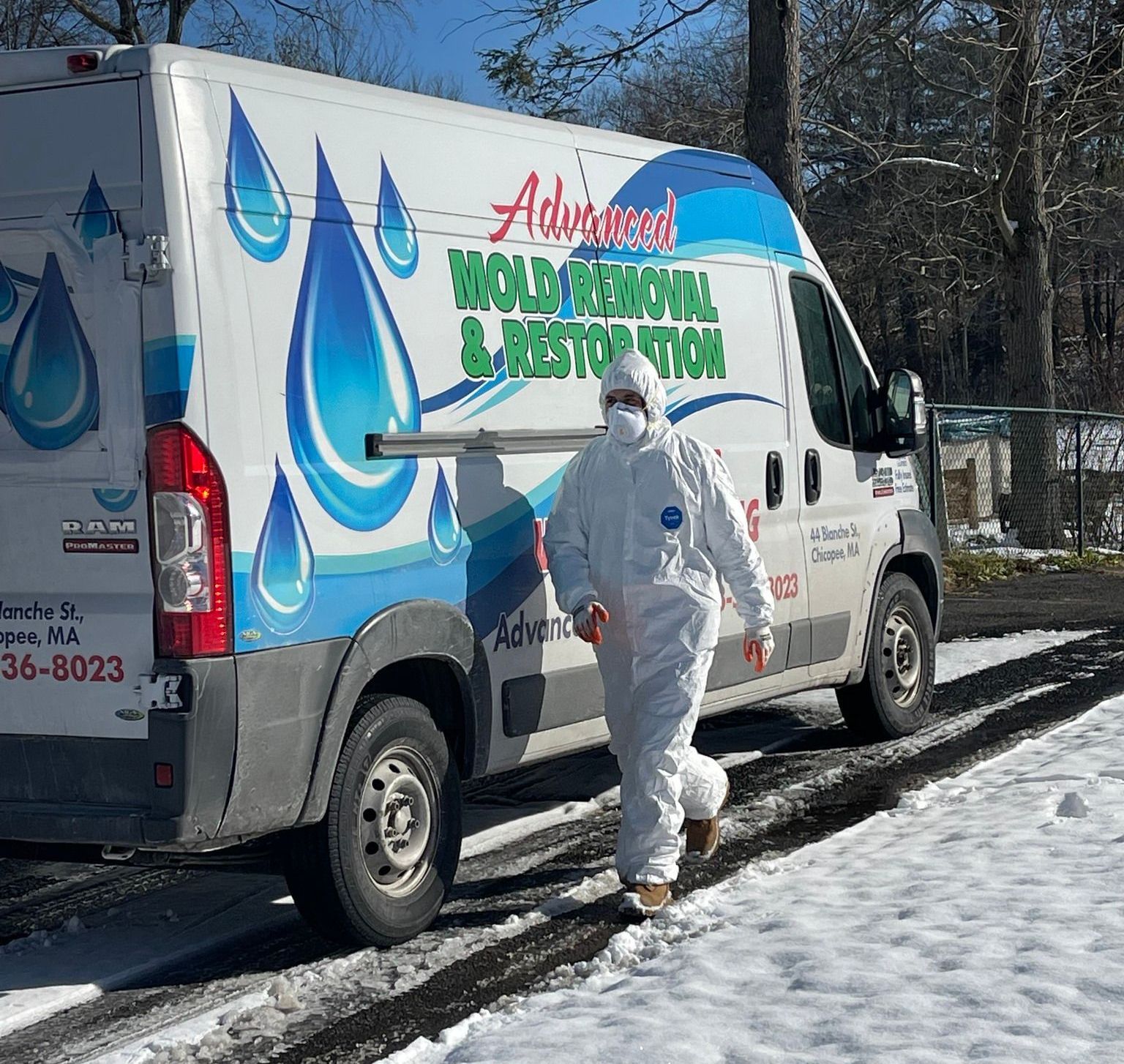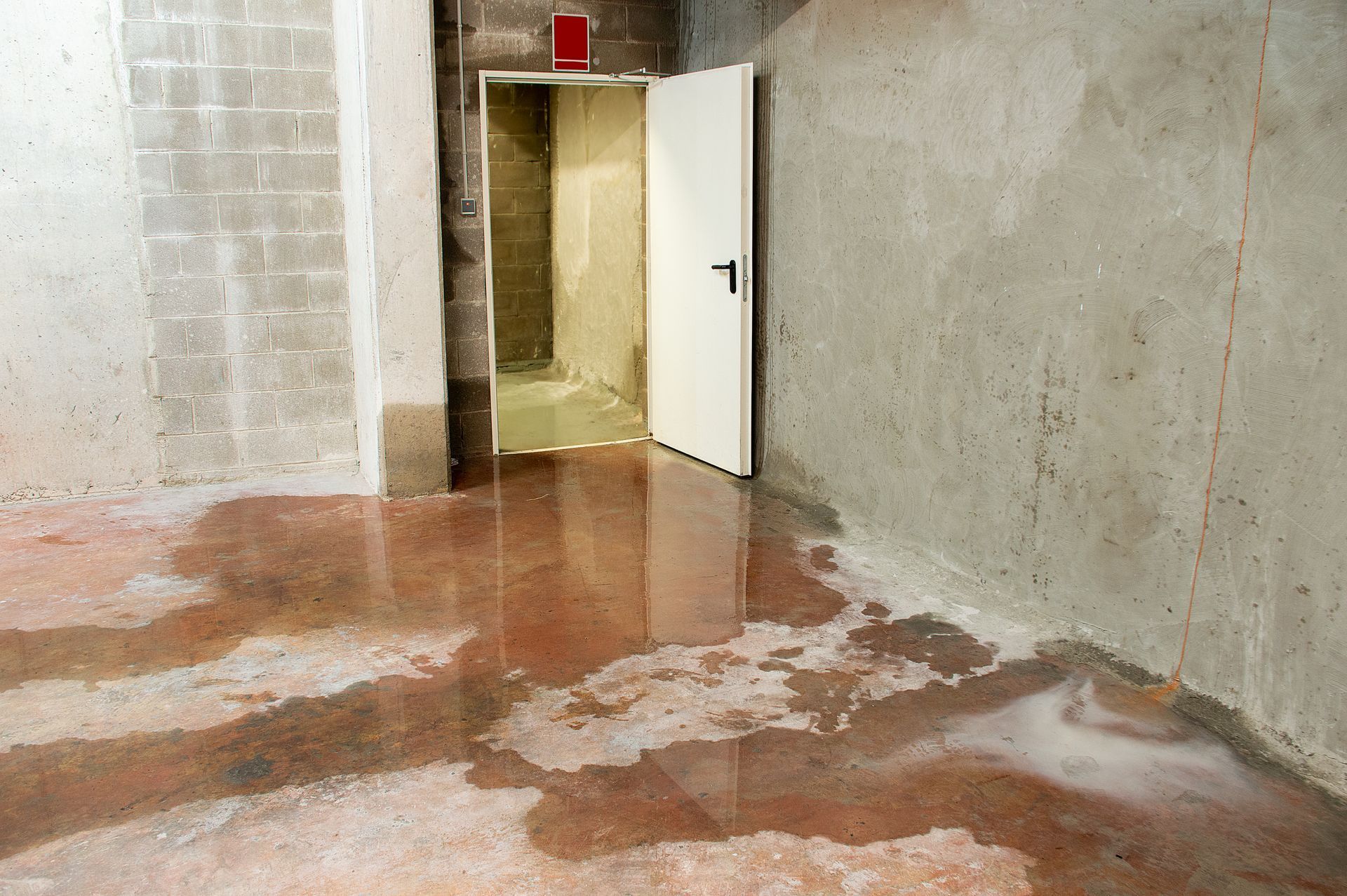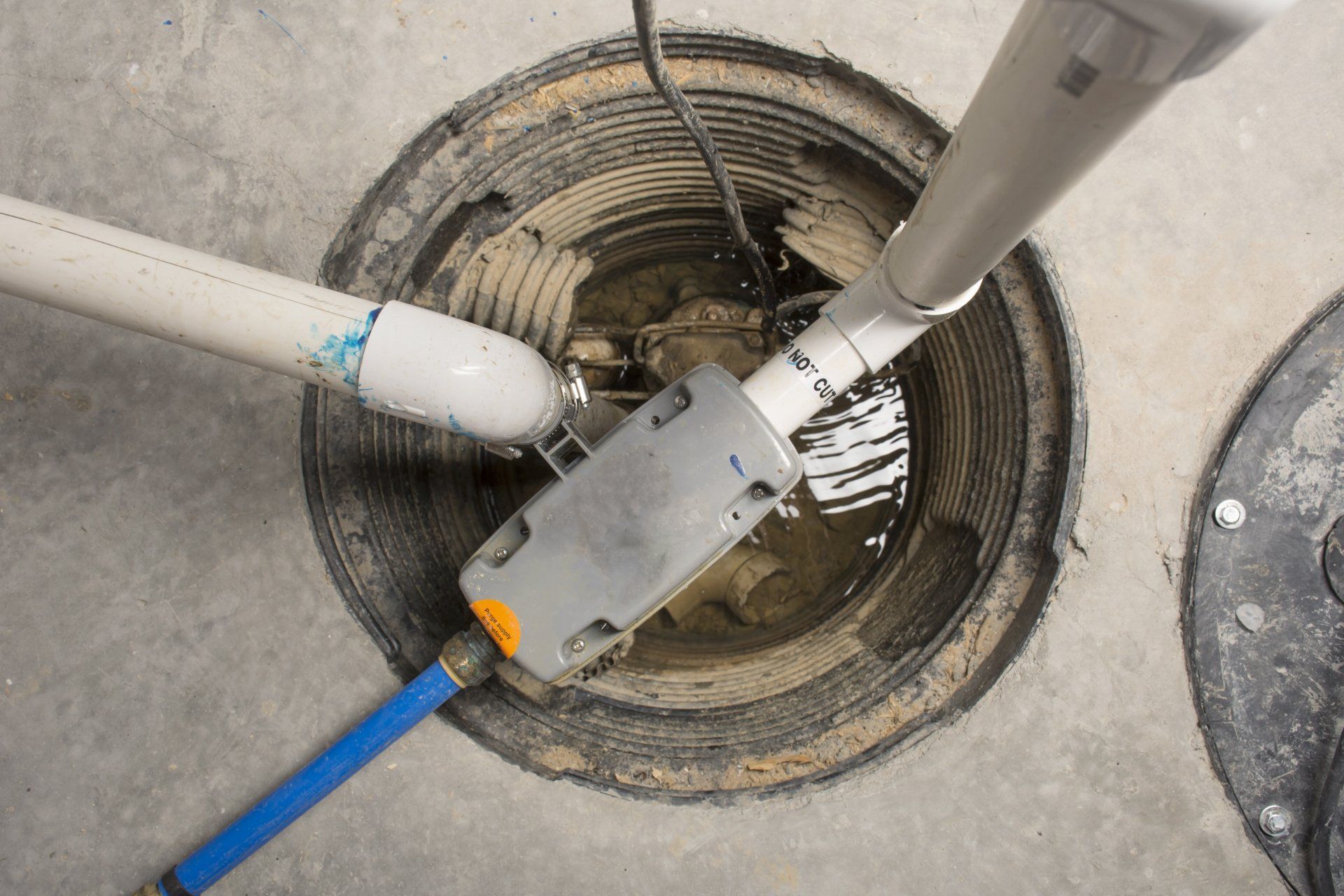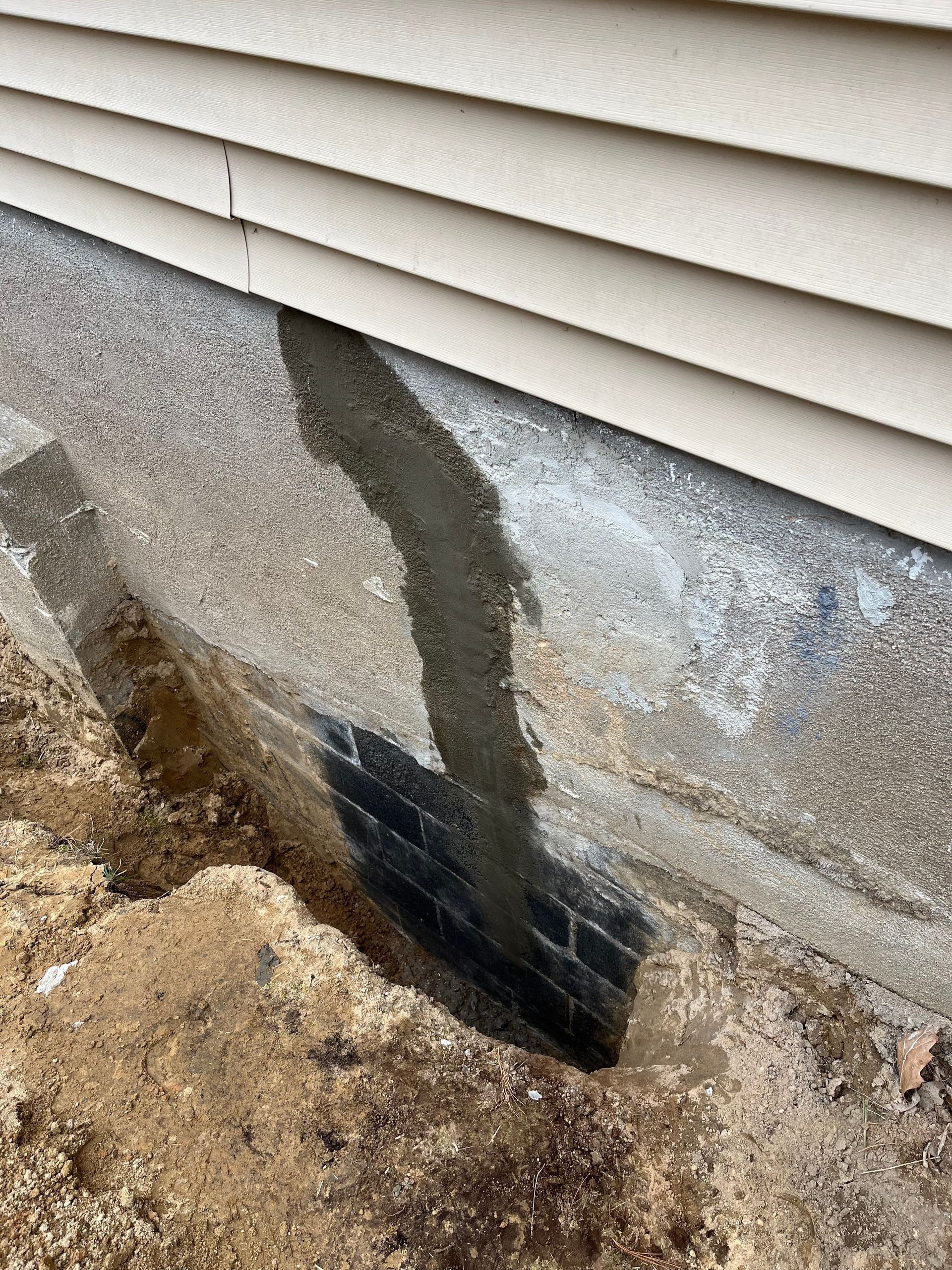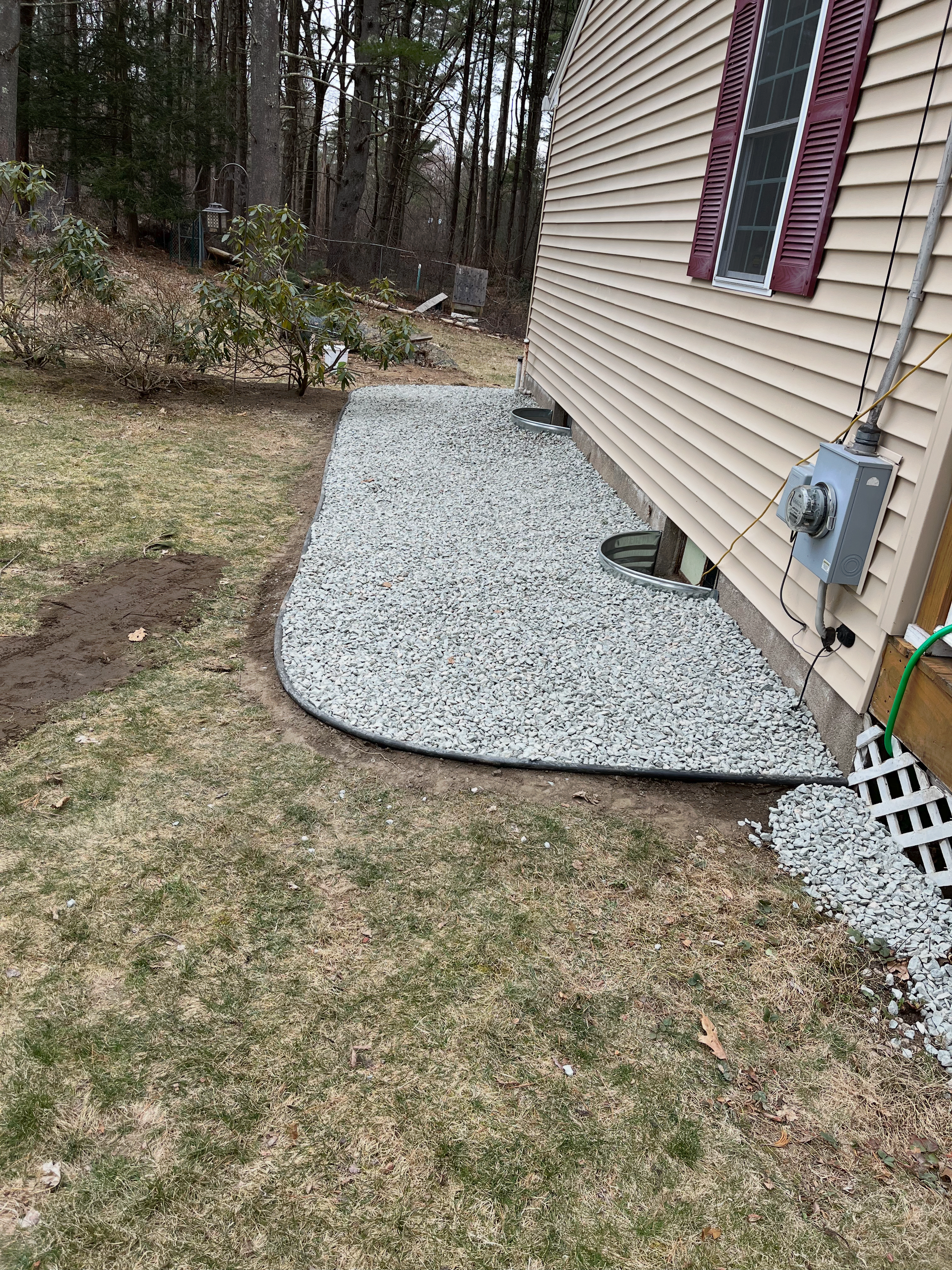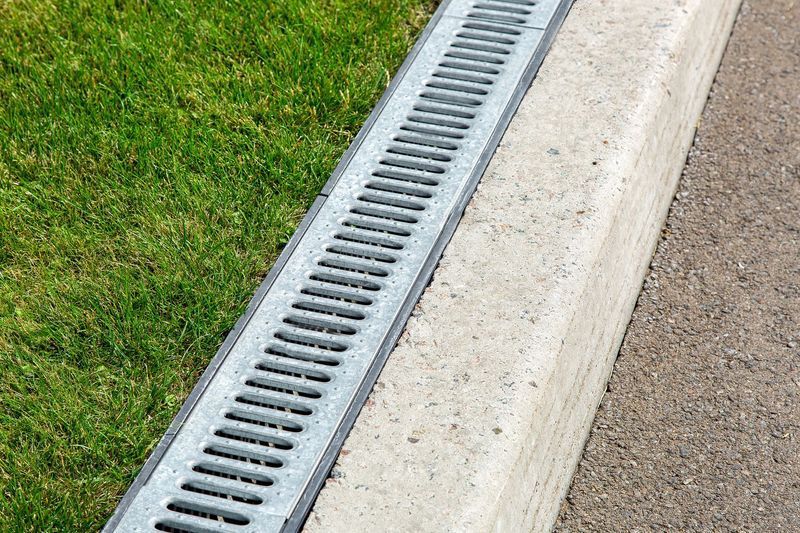Musty odors in your basement? A sign of a water problem
By Advanced Basement Waterproofing • June 27, 2025
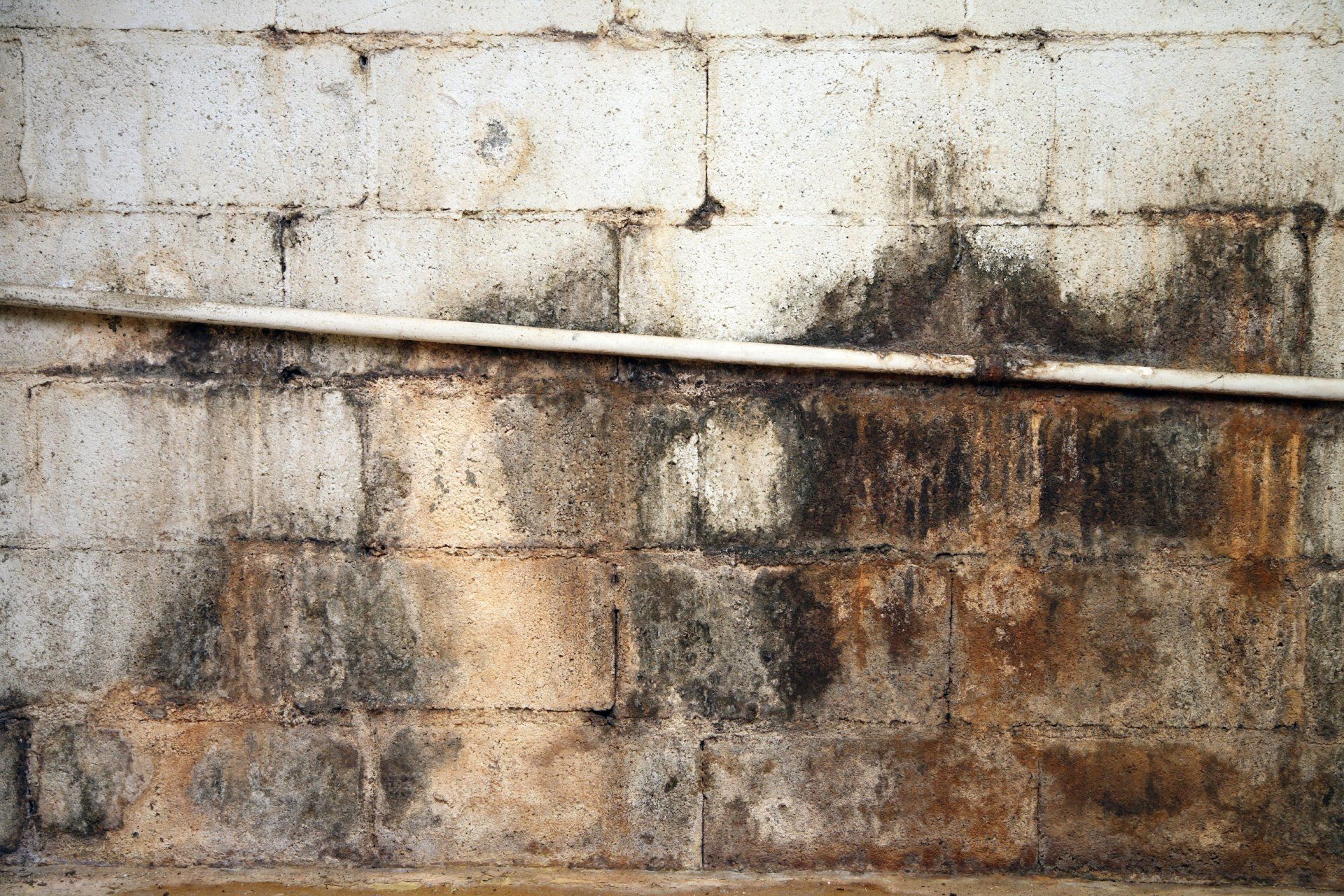
Noticing a musty smell coming from your basement? There's a good chance you have a water problem. And not just any old water problem, either: in most cases, the culprit is a leak. Leaks often go unnoticed for months or even years because they are out of sight and occur under concrete slabs or masonry floors. That means there isn't usually any visible sign on the surface.
Possible symptoms you should be looking for include:
- A musty odor that won't go away. This odor is caused by mold, mildew or bacteria growth that occurs when there is a humidity problem.
- Mold or water spots on surfaces .
- Stains around your home's perimeter.
- Cracks in the flooring, walls or ceiling. If you notice any of these signs, it's time to investigate further.
What are typical reasons for musty odors in your basement?

Reason 1: Leak around the foundation
The most common reason for a musty smell in your basement is leak.
Here's why: elevated humidity levels caused by a leak lead to an increase in mold and mildew growth. These organisms give off an unpleasant odor as they die, which isn't noticeable until enough of them accumulate and start causing problems.
Another reason for leaks is that your foundation cracks, which creates an entry point where water can seep into the basement. Anywhere from a pin-sized opening to a full blown crack or hole can let in enough water to cause elevated humidity levels.
Reason 2: Water infiltration through the flooring
Elevated humidity levels are also often caused by water infiltration through the floor. This can be due to cracks in your concrete slab, or possibly even a failing drainage path.
When water infiltrates into the basement it causes an increase in humidity levels, which then exacerbates any mold or mildew growth. If you are noticing musty smells near where your carpet meets the wall, this is a sign you have water infiltration through the floor.
Reason 3: Water infiltration from outside
In older homes it is common for rainwater to enter your basement from outside, particularly if there isn't a proper drainage area that directs excess water away from the foundation. This usually happens at ground level, where water seepage can build up and cause problems.
In other cases, your downspout may be improperly angled away from the house, which causes rainwater to dump directly next to the foundation. When this happens, you'll usually find a small stream of water trickling along the side of your home and into your basement window wells.
The best way to handle these infiltration issues is by fixing the drainage path around your home. If there is damage to your foundation, you'll need to find an experienced contractor to fix it.
What are the dangers of elevated humidity levels in your basement?
Elevated moisture content due to these leaks is bad news for multiple reasons:
Mold and mildew growth causes musty odors and is also a leading cause of allergies in many homes. In some cases these mold spores can trigger asthma attacks in people with allergies or asthma sensitivities.
In addition to causing musty smells, excess moisture in your basement means there isn't enough protection for the foundation, which increases the likelihood of permanent damage over time.
If you spot any of the water infiltration issues described above, don't delay getting them addressed. Remember that mold can grow in as little as 48 hours under ideal conditions, so time is not on your side when it comes to these kinds of problems.
What are the best methods for preventing musty smells?
Preventing a musty smell in your basement is a lot easier than it sounds. Follow these steps to make sure your indoor humidity levels stay within a safe range:
Find and fix any water infiltration issues in or around your home's perimeter.
This includes cracks, holes, improper drainage paths, missing roof shingles etc. Properly direct any downspout away from your house and re-grade the soil around your foundation to direct water away from it.
If you live in an area where freezing temperatures are common, make sure there is no ground seepage during winter months by insulating the exterior walls of your basement. If you aren't familiar with insulation installation, hire a professional to do it for you.
Increase ventilation in your basement by opening windows and running fans / air conditioning during summer months.
You should also run a dehumidifier to remove moisture from the air, since most homes have relative humidity levels of about 45%-50%. If you are noticing musty smells near where your carpet meets the wall or under your conventional washer dryer, this is a sign you need to run the dehumidifier more often.
Musty Odors in Your Basement? Contact Basement Waterproofing Professionals in Massachusetts in Connecticut
Advanced Basement Waterproofing is a team of highly-trained basement waterproofing contractors with years of experience. We offer free estimates for all services and work hard to make sure you are 100% satisfied with the end result.
Whether you need our basement finishing services , waterproofing, or crawl space encapsulation, don't wait to schedule your visit - call Advanced Basement Waterproofing Today!
Additional Services
Request Service
Questions? Contact Us
(413) 536-8023
-or-
Submit A Request
Home
We will get back to you as soon as possible.
Please try again later.
